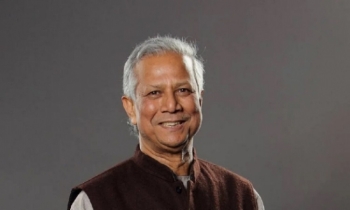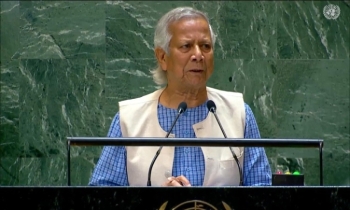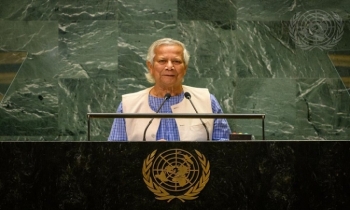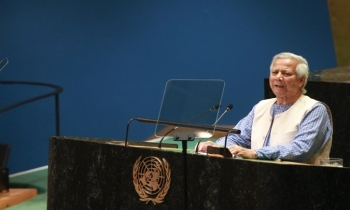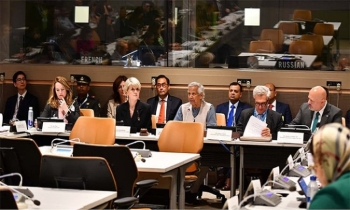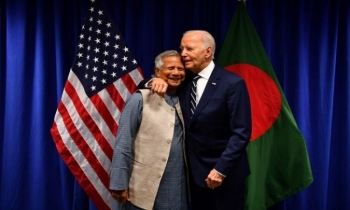Bangladesh’s health governance is exceedingly poor: Prof Rehman Sobhan
BI Report || BusinessInsider

Prominent development economist Professor Rehman Sobhan has said Bangladesh’s health governance is exceedingly poor. Photo: Collected/File
Prominent development economist Professor Rehman Sobhan has said Bangladesh’s health governance is exceedingly poor.
He made the remark at a virtual international conference organised by SANEM, a research organisation, on Saturday.
He also said Bangladesh’s capacity to contain transmission and administer regulatory processes has been quite weak which has also affected its capacity to enforce restrictions on public movements during the crisis.
In terms of the recovery process, Bangladesh has sort of relied on the forces of nature and the natural immunity of people, said Professor Sobhan, also the chairman of the Centre for Policy Dialogue.
He also criticised the government’s Covid-19 vaccine collection strategy. “Our hope to move into an effective vaccination program was hindered by the lack of diversification in attempting to secure vaccines from different sources and instead fully relying on a single manufacturer.”
Professor Sobhan drew attention to the economic impact across South Asian countries which has also been similar. “The macro impact has largely been transmitted through the export markets due to the crisis of demand in international markets,” he said.
In the domestic markets of the South Asian economies, there have been significant problems such as demand-side failures which have had negative impacts on the income-earning capacities of the most distressed sections of the population.
at the micro and SME levels, big deficits have emerged and the response has been inadequate. Consequently, this has led to growth slowdowns and reversals in development outcomes across the countries.
Speaking at the event, Professor Deepak Nayyar, Emeritus Professor of Economics, Jawaharlal Nehru University, New Delhi said the biggest killer in South Asia is poverty. “In the share of continents in world population in COVID-19 cases and deaths, developing countries, while accounting for most of the world population, had less than half of the cases and deaths.”
For governments in South Asia, where they did too little, too late, imposing and continuing lockdowns was the obvious risk-averse strategy, he said.
“If the spread could be restrained and managed, the success would bring political dividends; otherwise, the microeconomy would take the blame for the failure. Exiting lockdowns involved decision-making with high uncertainty, requiring confidence. When governments made saving lives their primary goal, it led to a greater dilemma.”


